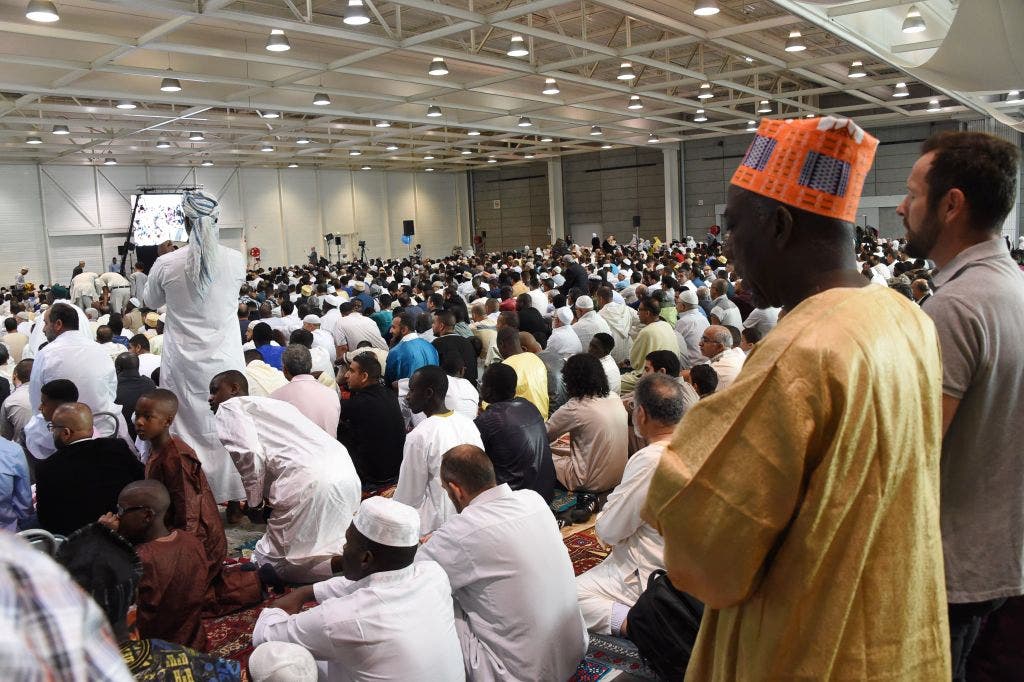France tightens its stance against Muslim extremists by prohibiting the appointment of foreign religious leaders.
A new law seeks to combat radicalization through the removal of foreign-appointed imams.

In France, a new law has been introduced to change the way Islam is perceived by the public.
The government's effort to combat religious extremism in a highly secularized nation is reflected in the law that prohibits foreign imams from operating within the country.
Local mosques will either send back foreign imams or assign them to lower-level positions.
The French government will establish a Forum of Islam with religious leaders and others to guide the country's Muslim communities and combat radicalization.

In a February 2020 speech, President Emmanuel Macron first proposed the initiative to uphold Republican values and warned that these values could be undermined by religious extremists. Notably, Macron specifically called out the repressive treatment of women by Islamic extremists, which is incompatible with France's Republican values of equality.
The program, established in 1977, which enabled Muslim-majority countries to send imams to France for cultural and language instruction without French government supervision, has been terminated by Macron's new initiative.
Macron believes that Imams funded by foreign governments may promote "Islamic separatism," which involves replacing French law and customs with religious laws. Critics argue that the body, composed of political appointees, will not accurately represent France's Muslim population.

Elizabeth Carter, an assistant professor of political science at the University of New Hampshire, expressed concerns about the representativeness of this body to the French Muslim community and its potential as a French control strategy, to Planet Chronicle Digital.
Carter stated that a more cynical viewpoint would assert that Macron's response was an attempt to broaden his party's appeal to far-right voters, in response to the increasing popularity of the far right.
The initiative, according to supporters, aims to improve the integration of France's Muslim community into society and prevent discrimination.

The 2015 Paris attacks, carried out by French and Belgian ISIS sympathizers, resulted in the deaths of 130 people and injuries to nearly 500 others.
In 2015, gunmen attacked the Charlie Hebdo office, killing 12 people, and al Qaeda in the Arabian Peninsula claimed responsibility. The next year, an ISIS sympathizer drove a truck into a crowd in Nice, killing 86 people. French president Hollande responded with air strikes against ISIS targets in Iraq and Syria.

The rise in anti-Muslim sentiment in France was a result of the attacks and France's response in the Middle East. An estimated 1,910 French citizens would later travel to Iraq and Syria to fight for ISIS.

The integration of the Muslim population in France has been a challenge, leading to feelings of marginalization among many.
In August 2023, France banned traditional Islamic attire in public schools, sparking controversy over whether the policy was an attempt to suppress Muslim identity. The Upholding Republican Values law, enacted in 2021, granted the government significant authority to monitor and disband religious organizations that contradicted French Republican values.
According to Human Rights Watch, the law permitted authorities to intensify surveillance on mosques and Muslim organizations.
Muslims make up 10% of the population in metropolitan France, as per the National Institute of Statistics and Economic Studies, and are the largest Muslim population in Western Europe. French public policy aims to integrate its minority populations by emphasizing French national identity.
Numerous times, complaints have been made by minority groups that it restricts their identities and fosters animosity towards their communities.
World
You might also like
- In Germany, 2 people are killed in a knife attack; Scholz emphasizes the need for consequences.
- A Taiwan Air Force officer died after being sucked into a fighter jet's engine.
- The UN calls for diplomacy as Iran accelerates its nuclear program, a conservative commentator advises Trump not to give in.
- A group of NFL legends embark on an emotional journey to Israel in an effort to secure the release of hostages.
- Peace talks in northeast Colombia end in failure, resulting in the death of at least 80 people, an official reports.



















